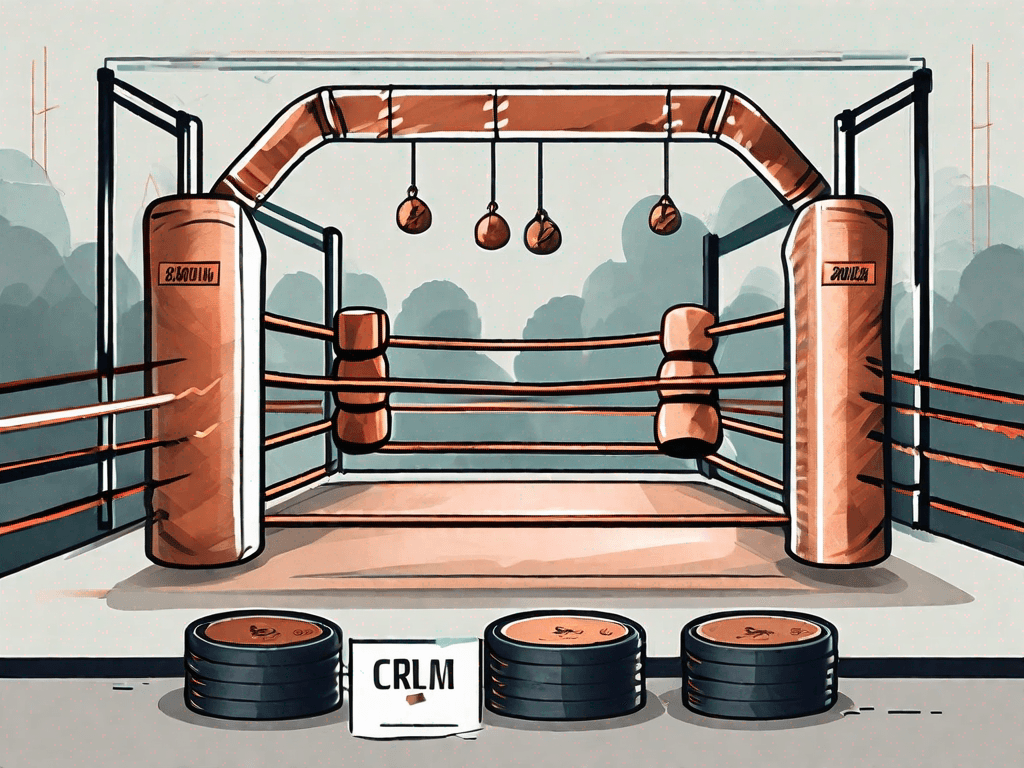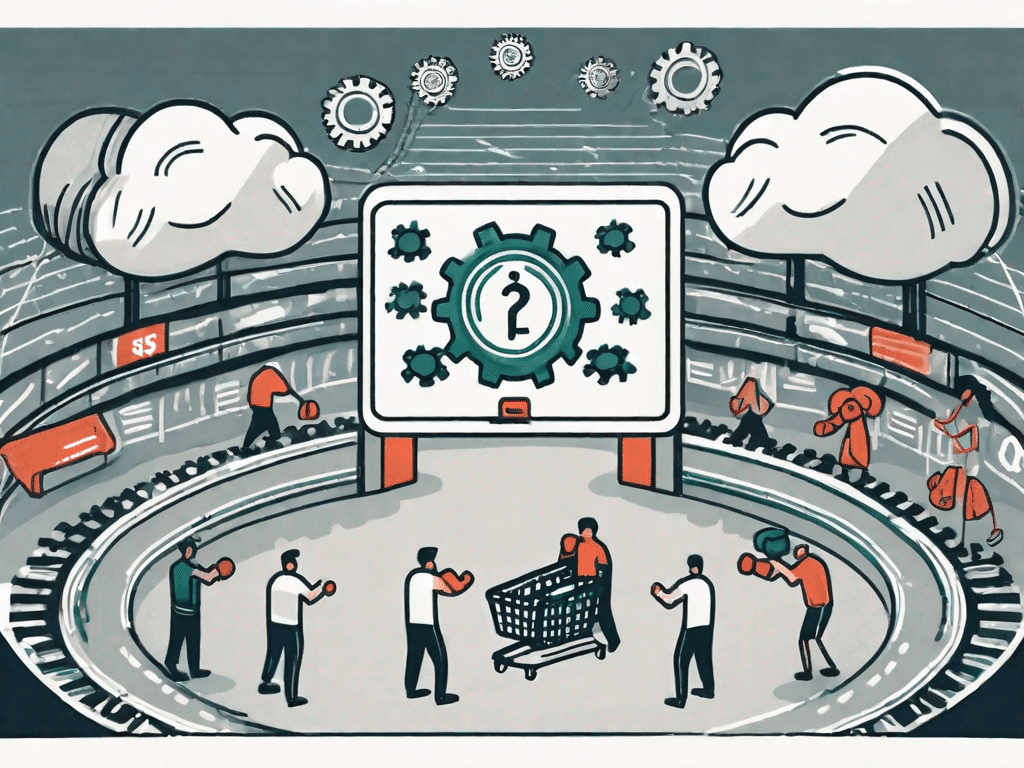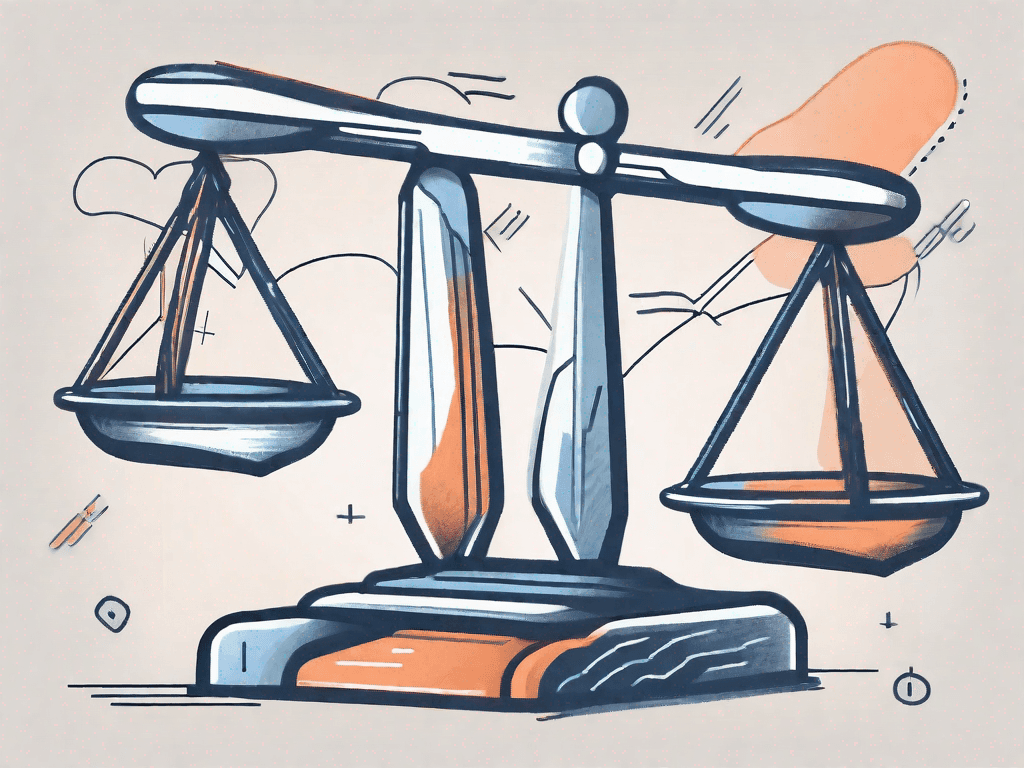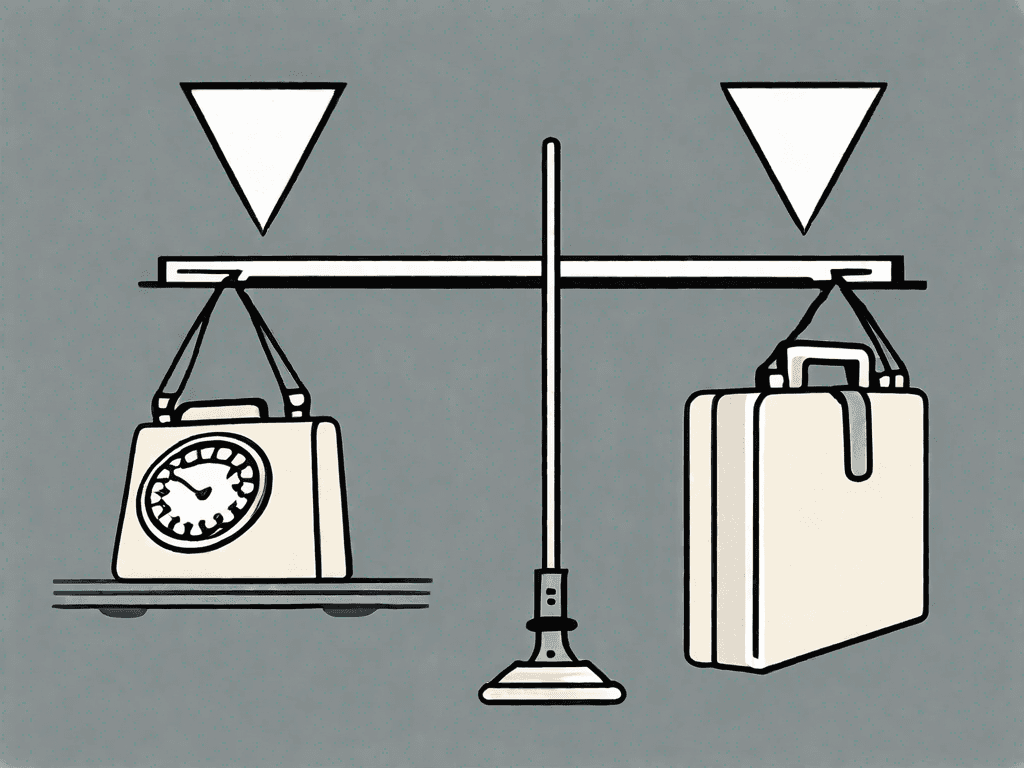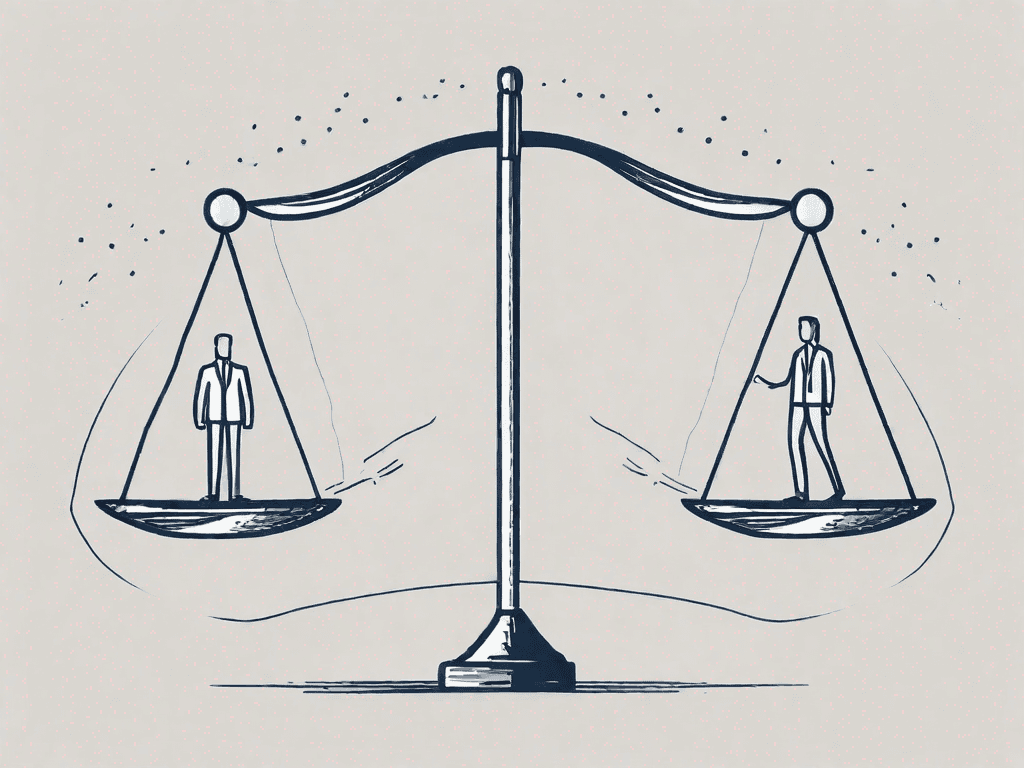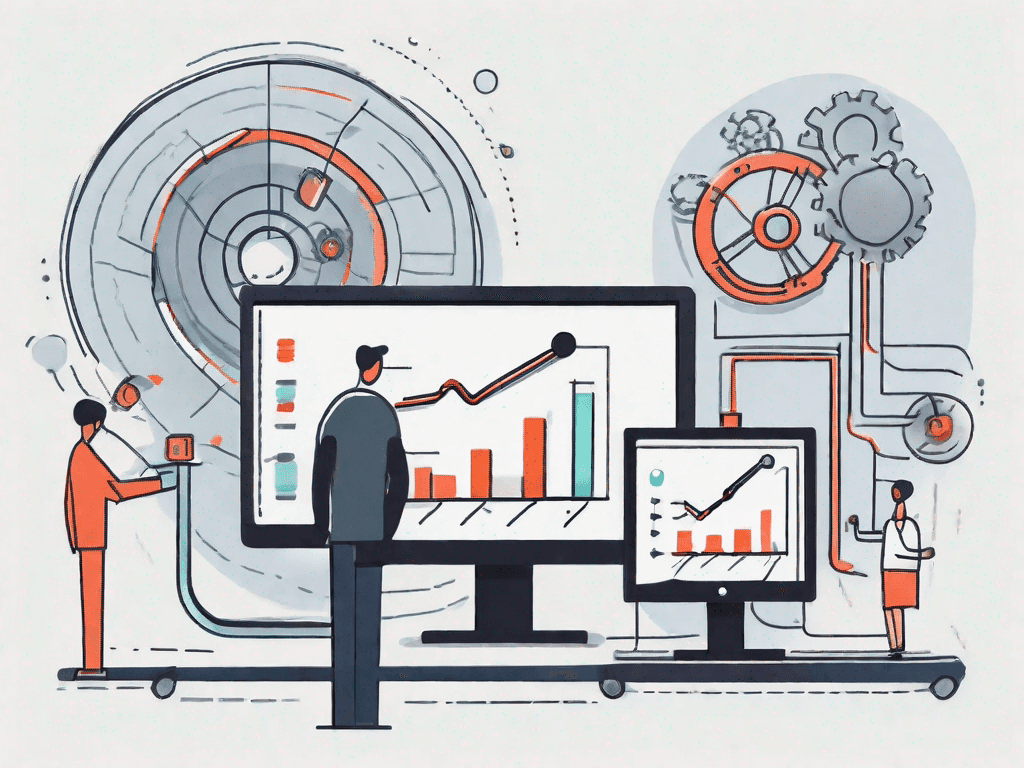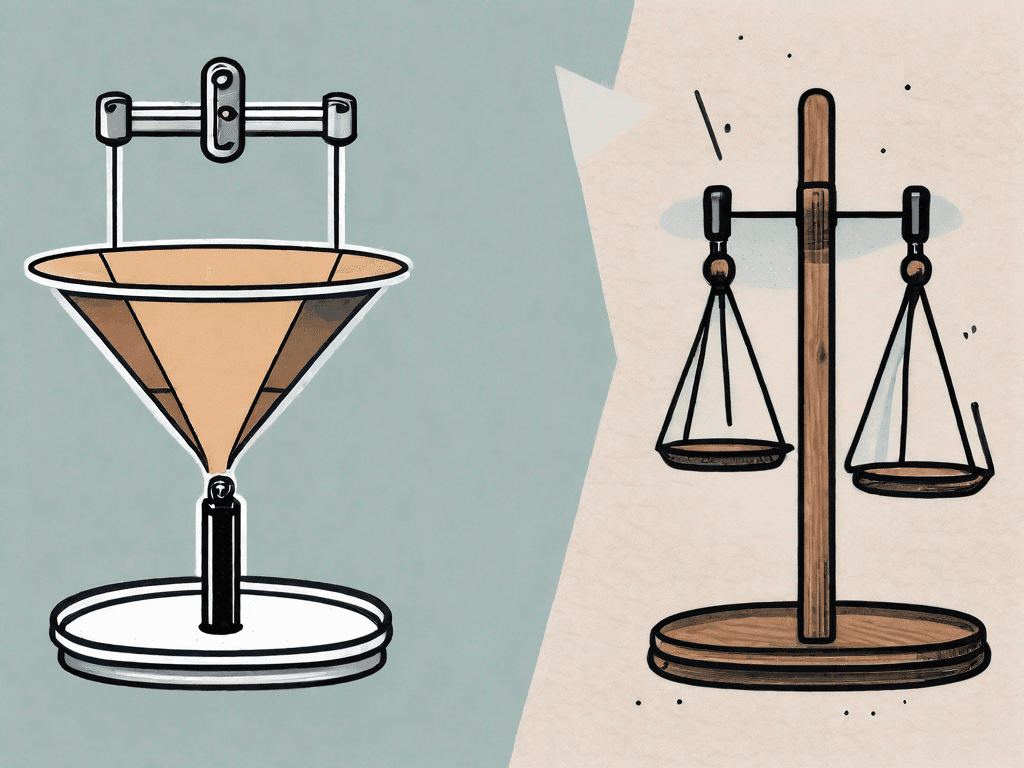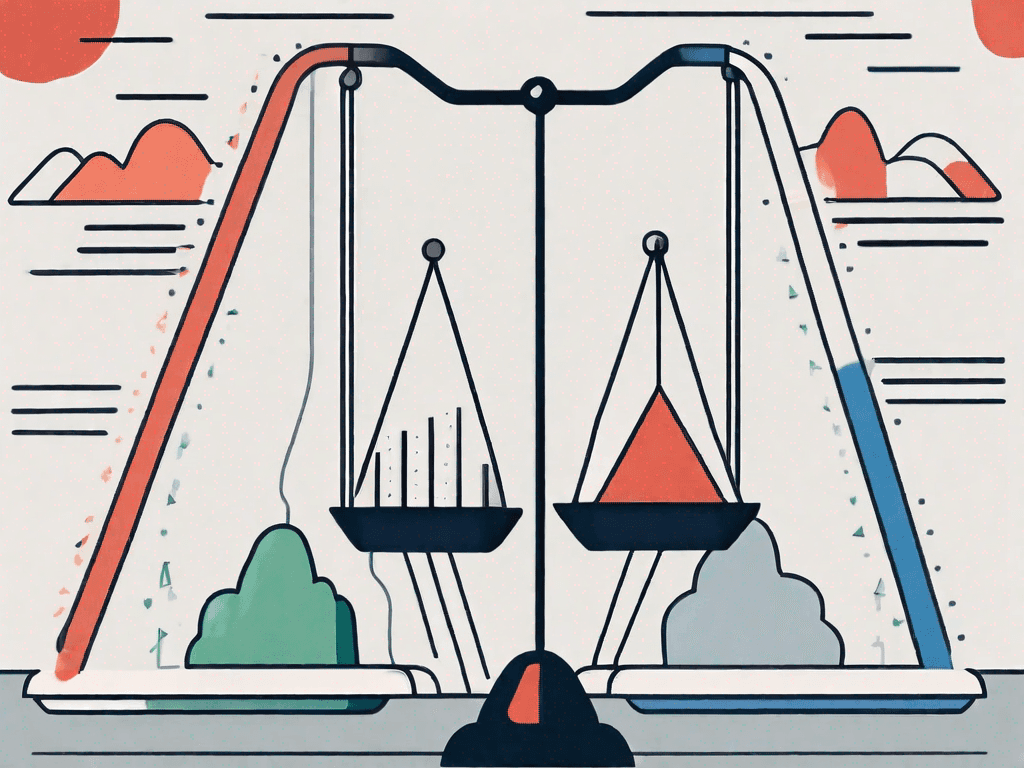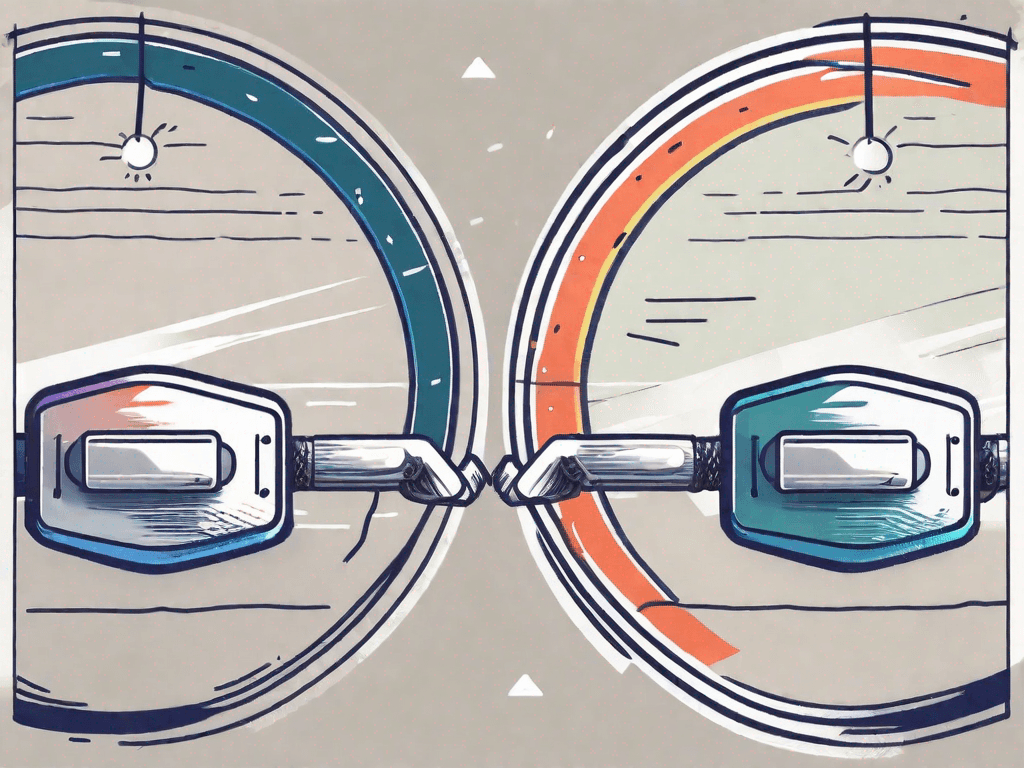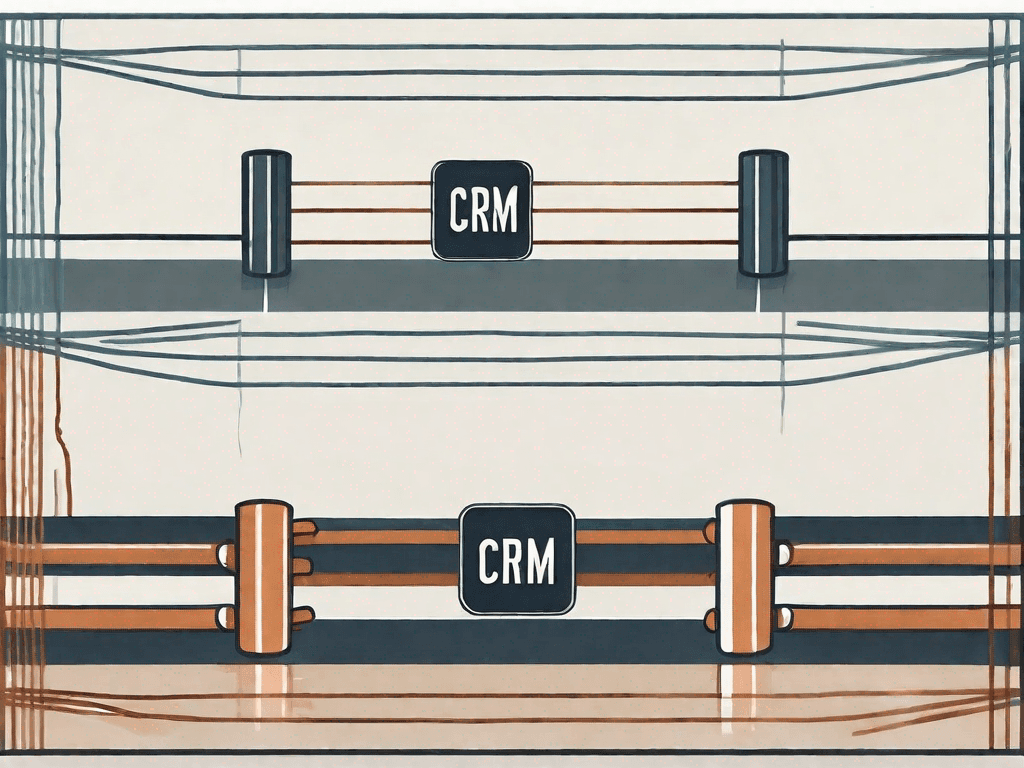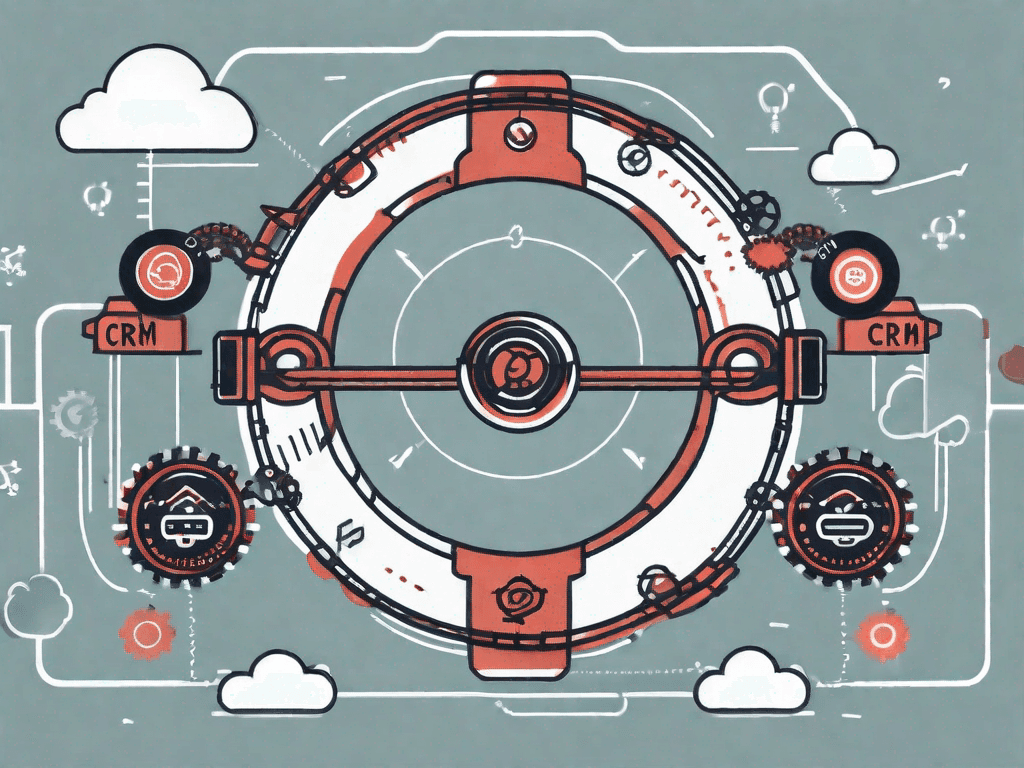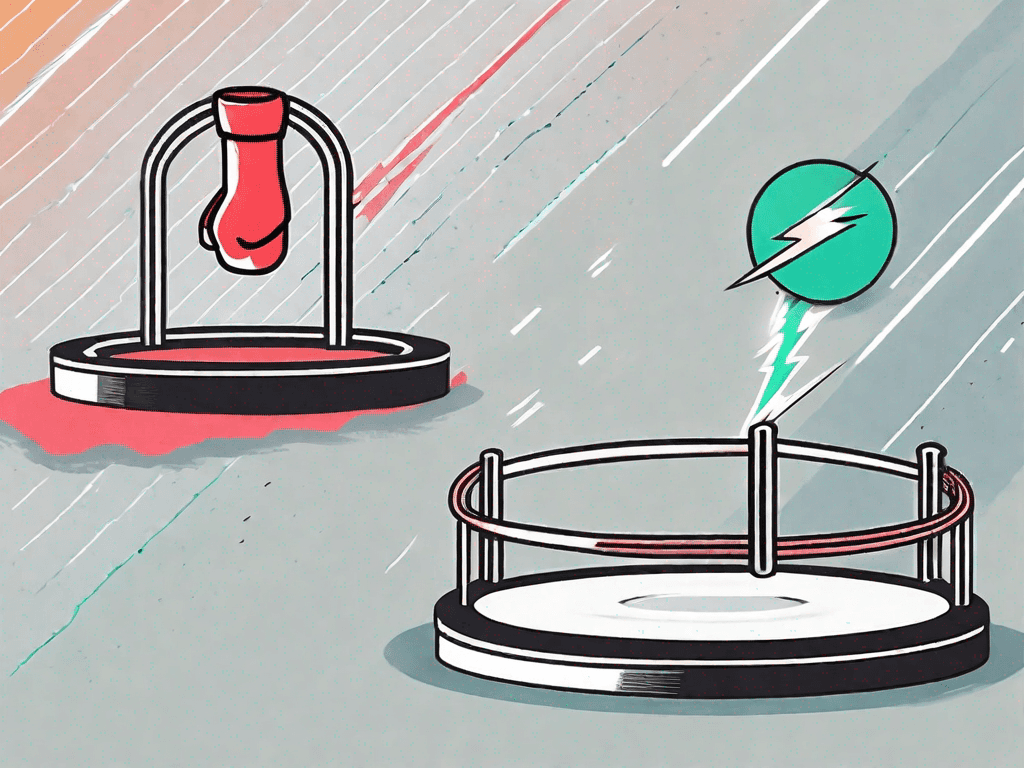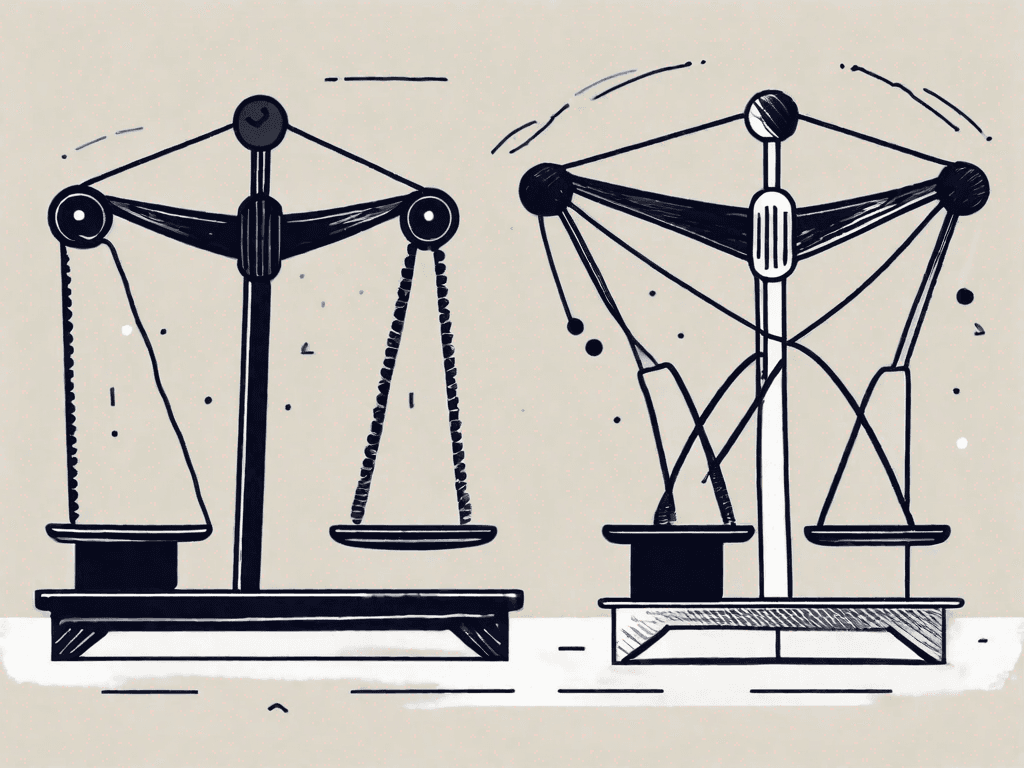
The Ideal Sales Pipeline Template for Coaches
In today's competitive coaching industry, having an effective sales pipeline is essential for coaches to attract and convert clients. A well-structured sales pipeline can streamline your coaching process, save you time, and ultimately help you grow your revenues faster. In this article, we will explore the ideal sales pipeline template for coaches and why it is crucial for your coaching business
The 7 Sales Pipeline Stages Coaches Should Have
Before we delve into the details of creating the ideal sales pipeline template, let's first understand the seven crucial sales pipeline stages that every coach should have:
Prospecting: This is the stage where you identify and reach out to potential clients who may be interested in your coaching services.
During the prospecting stage, coaches employ various strategies to find potential clients. This could include networking events, online platforms, social media, or referrals. It is important to cast a wide net and identify individuals who align with your coaching niche and target audience.
Additionally, coaches may use lead generation tools and techniques to gather contact information and build a database of potential clients. This stage requires research, outreach, and effective communication to capture the attention and interest of prospects.
Qualification: In this stage, you assess whether the prospects are a good fit for your coaching program and have a genuine need for your expertise.
During the qualification stage, coaches evaluate the potential clients based on various criteria such as their goals, challenges, budget, and commitment level. It is crucial to have a clear understanding of your ideal client profile and ensure that the prospects meet the necessary criteria.
Coaches may conduct initial consultations or discovery calls to gather more information about the prospects and determine if they are a good fit. This stage involves asking targeted questions, active listening, and analyzing the prospects' responses to make an informed decision.
Needs Analysis: Here, you dive deep into understanding the specific challenges and goals of your potential clients to determine how your coaching can help them.
The needs analysis stage is all about uncovering the pain points, aspirations, and objectives of the potential clients. Coaches use various techniques such as assessments, questionnaires, and in-depth conversations to gather relevant information.
By understanding the specific needs of the prospects, coaches can tailor their coaching approach and demonstrate how their expertise can address those needs. This stage requires empathy, active listening, and the ability to ask probing questions to uncover hidden challenges and opportunities.
Proposal: This stage involves presenting your coaching program and pricing to the qualified prospects after analyzing their needs. It is essential to clearly communicate the value and benefits of your coaching services at this stage.
During the proposal stage, coaches create customized proposals that outline the coaching program, its structure, duration, and pricing. The proposal should clearly articulate the unique value proposition of the coaching services and how they align with the prospects' goals.
Coaches may include case studies, testimonials, or success stories to showcase their expertise and the results they have achieved with previous clients. The proposal should address the prospects' specific needs and highlight the benefits they can expect from the coaching relationship.
Objection Handling: Sometimes prospects may raise objections or concerns. As a coach, you should be prepared to address these objections and provide persuasive answers to overcome any hesitations.
During the objection handling stage, coaches anticipate and address any doubts or objections that prospects may have. Common objections could be related to budget, time commitment, or skepticism about the effectiveness of coaching.
Coaches should be prepared with well-thought-out responses that address the prospects' concerns and provide reassurance. This stage requires effective communication, empathy, and the ability to build trust with the prospects.
Closing: This is the stage where you seal the deal and convert the prospect into a paying client. It involves finalizing the contract, discussing payment terms, and securing their commitment.
The closing stage is the culmination of the sales process, where coaches guide the prospects towards making a decision. This stage requires effective negotiation skills, clear communication, and the ability to demonstrate the value of the coaching services.
Coaches may discuss the terms of the coaching agreement, payment options, and any additional details necessary for the client to make an informed decision. It is important to create a sense of urgency and emphasize the benefits of starting the coaching relationship as soon as possible.
Onboarding: Once the prospect becomes a client, the onboarding stage focuses on smoothly transitioning them into your coaching program. This stage sets the foundation for a successful coaching relationship.
The onboarding stage is crucial for establishing a strong foundation and ensuring a smooth transition for the new client. Coaches may provide welcome materials, orientation sessions, or introductory modules to familiarize the client with the coaching program and its structure.
During this stage, coaches establish clear expectations, set goals, and define the coaching process. It is important to create a supportive and nurturing environment to build trust and rapport with the client.
By implementing these seven sales pipeline stages, coaches can effectively attract, qualify, and convert potential clients into paying customers. Each stage plays a vital role in the overall sales process, and by paying attention to each step, coaches can maximize their chances of success.
Example of the Customer Journey in a Sales Pipeline for Coaches Step-by-Step
Let's take a step-by-step look at how the customer journey unfolds in a sales pipeline for coaches:
Prospecting: At this stage, you identify potential clients through various strategies such as networking events, referrals, and online platforms.
Qualification: Once you have leads, you evaluate their fit based on their goals, commitment level, and willingness to invest in coaching.
Needs Analysis: Here, you conduct in-depth conversations with the qualified prospects to understand their specific challenges and aspirations.
Proposal: You create and present a tailored coaching program that aligns with their needs, addressing the value they will gain from your services.
Objection Handling: During this stage, you address any concerns or doubts the prospects may have, providing reassurance and evidence of your ability to assist them.
Closing: You and the prospect finalize the details, sign the coaching agreement, and discuss payment terms.
Onboarding: This stage involves smoothly integrating the new client into your coaching program, establishing clear expectations, and initiating the coaching sessions.
Why Coaches Need This Sales Pipeline Template?
Now that we've covered the essential stages in a sales pipeline for coaches, let's explore why having this template is crucial:
3.1 - You'll Save Time Coaching Clients as Coaches
By implementing a well-structured sales pipeline template, you can save time and enhance your coaching efficiency. The template guides you through a step-by-step process, ensuring that you maximize your time by focusing on qualified prospects who are more likely to convert into paying clients.
3.2 - You'll Grow Revenues Faster by Coaching Clients to Success
A sales pipeline template allows you to streamline your sales efforts, ensuring a consistent and targeted approach to converting prospects into clients. By addressing objections and providing value at each stage, you increase the likelihood of closing deals and generating higher revenues for your coaching business.
In conclusion, the ideal sales pipeline template is a valuable tool for coaches in the modern coaching industry. It empowers coaches to effectively navigate prospects through the various stages of the customer journey, ultimately converting them into paying clients. By implementing this template, coaches can save time, enhance their coaching efficiency, and accelerate revenue growth. So, take the time to create and optimize your sales pipeline template to maximize your coaching business's success.











![The 8 Best Social CRM Software in 2025 [Comparison]](https://framerusercontent.com/images/RYHyYapdgIi83BEWtMdX418.png)
![The 6 Best LinkedIn CRM in 2025 [Comparison]](https://framerusercontent.com/images/Luywfni7ZKjb19yghbhNPy4I4qQ.png)



![The 5 Best Twitter CRM [Comparison]](https://framerusercontent.com/images/EWcbvYnVZglJLO8jp3OlHkTvsHo.png)
































































































































































